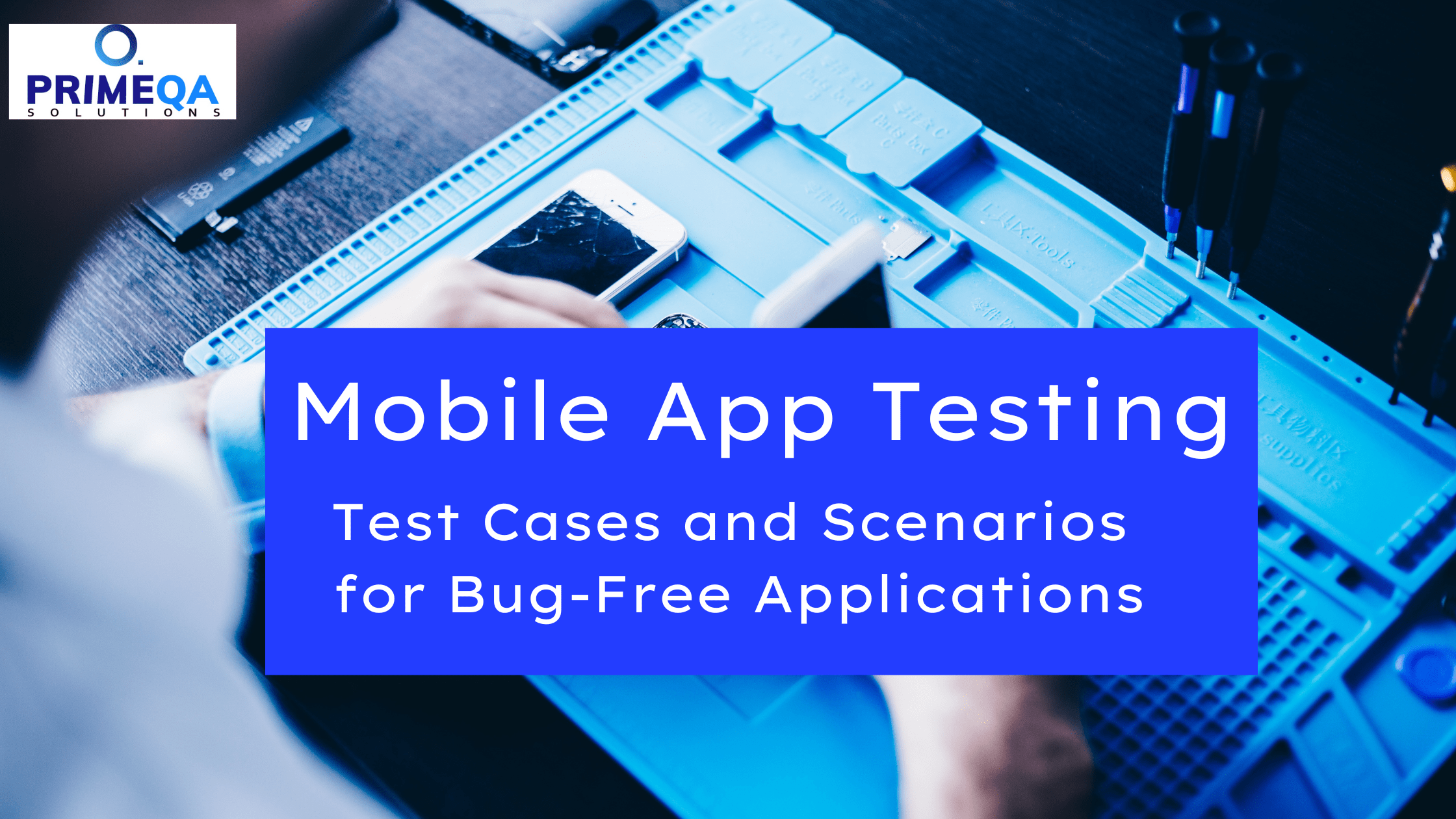In the evolving landscape of cell packs, surrendering to the superman or woman is paramount. Mobile app triage plays a key role in ensuring that apps run smoothly across multiple device platforms A. With the multitude of gadgets, operating systems, and individual interactions, thorough testing is important to perceive and address any capability issues before they reach end users. In this weblog post, we delve into the importance of entire test instances and eventualities to ensure error-free cellular programs.
Understanding test cases for mobile applications
Test cases are brilliant steps that outline the situations that need to be executed at a certain point in the test method. They act as a road map for testers, taking them through numerous situations to verify the functionality, performance and cost of the cell’s software program. Test instances for mobile packages embody a wide range of things:
Functionality Testing: Consists of trying out the talents and functions of the software program amid precise devices and walking systems. Test times require covering numerous customer interactions, inputs and outputs to ensure that the software program behaves as expected even in high situations.
User Interface (UI) Testing: The user interface is an essential part of the reader. Recognizing user interface testing times verifying the layout, format, navigation, and responsiveness of a software program software in several phases of one in all display sizes and resolutions type A. Material Design for Android, Human Interface Guidelines for iOS).
Compatibility testing: With the large number of walking aids and versions of walking aids on the market, it is important to ensure compatibility. Test times should check compatibility between different widgets, display sizes, resolutions, and device version traversal to detect any widget fragmentation issues.
Performance Testing: The mobile application must perform well under unique conditions that consist of numerous community speeds, device competencies, and lots of fellows or girls. Test instances for the overall normal performance testing test factors along with application startup time, reaction time for unique motions, memory usage, battery intake and concurrent buyer management.
Security Testing: Mobile packages often deal with sensitive personal information, so security testing is essential. Test times for protection, looking for interest in identifying vulnerabilities along with side fact leaks, unauthorized access, unsecured fact storage, and encryption issues.
Localization and Internationalization Testing: For packages aimed at a global audience, localization and internationalization attempts are essential. Test times want to confirm the behavior of the software program using specific languages, date/time codecs, currencies, and cultural alternatives to ensure that people are satisfied in many areas.
Usability Testing: Usability studies evaluate how intuitive and buyer-friendly the software program is. Test instances should cover conditions related to navigation, accessibility, readability, error handling, and preferred individual pride.
Creating complex test cases and situations
To ensure full evaluation coverage, it is very important to create several sets of test times and scenarios that include numerous application plugins. Here are some satisfactory practices for growing powerful handler instances:
Identify user scenarios: Understand unusual character workflows and interactions with the tool. Create management instances that simulate these options to verify stop functionality.
Prioritize and View Cases: Prioritize View cases primarily based solely on factors consisting of criticality, frequency of use, and impact on personal experience. Focus on checking the vital functions before immediately moving on to secondary functions.
Consider Aspect Cases: Don’t forget component instances and boundary situations. Test options with excessive inputs, low community connectivity, tool orientation adjustments, interruptions (eg incoming calls, alerts) and various unusual conditions to reveal hidden insects.
Use real devices and emulators: Test the software on real devices and emulators/simulators to ensure some compatibility and accuracy. Real gadgets offer an outline of true global fashion performance and users revel at the same time as emulators offer the scalability and cost-effectiveness to check several device configurations at a given moment.
Automation, look at iterations: Automate generation and regression evaluation to streamline your review equipment and improve typical overall performance. Automated checks help speed up regression traps and allow testers to understand more complex conditions.
Conclusion
Mobile app testing is an ongoing way to get closer to getting exceptional packages that meet consumer expectations. By developing full instances and inspection scenarios, developers and testers can select and deal with capability problems early in the improvement lifecycle, primarily for packages unfastened by malicious programs that provide excellent person opinions. Adopting a robust sorting method that is now not first-class ensures the reliability and average overall performance of mobile programs, but in addition increases the pride and loyalty of patrons in the extremely modern competitive application market.








Software Testing for ChatGPT-4o | PrimeQA Solutions
September 5, 2024[…] ChatGPT-4o may automate this process by analyzing the requirements of the program, then create exhaustive test cases with many situations. It would save a lot of time because it would ascertain that the testing is […]